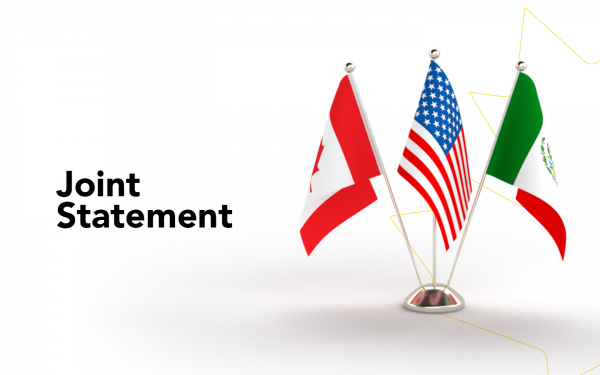We need to lower the barriers to newcomers so others can follow in her footsteps.
“All of us have a role to play in helping newcomers unlock and leverage the skills and experience they bring to our country. But it starts with business leaders realizing that diversity and immigration is crucial to our success.”
Rola Dagher
As published by the Toronto Star.
I set foot on Canadian soil for the first time at the age of 17. Fleeing war-torn Lebanon as a refugee, I arrived in Toronto with two suitcases, no money and a 10-month-old baby. For most of my life in Lebanon, my family and I had moved from shelter to shelter, finding safety where we could. But in Canada, we were free, we were safe.
When I think back to my 17-year-old self, I couldn’t have fathomed a high-profile career after all I had been through. I didn’t see people like me, especially women, in positions of leadership. And yet, my experiences are exactly what have helped me succeed. Under the right leadership, and collaboration with the right teams, the grit and determination I once relied on for survival helped me to thrive in the world of business. And, as a grateful Canadian and business leader, I cannot preach enough how critical diversity is to business.
Leading Cisco Canada forward in an increasingly globalized world, I know first-hand the pivotal role international talent plays in our ability to succeed. Not only does a sector like technology benefit from immigrants, we depend on them for diversity of thought, to help us appeal to a wider range of clients and to share unique solutions.
In the lead-up to the federal election, it’s unfortunate to see anti-immigrant rhetoric entering the debate yet again. Immigration is too often seen as a wedge issue and not as a fundamental driver of business and economic growth. Luckily, the Canadian immigration system is largely built upon the premise of the latter. With an aging population and a low birth rate, we depend on newcomer talent in the face of growing labour and talent shortages. In fact, if immigration was absent starting today, it would result in our labour force contracting by 2022. In less than a decade, Canada would lose an average of 100,000 workers every year.
Along with the Pierre Elliot Trudeau Foundation, the Centre for International Governance Innovation looked at ethnocultural diversity in the workplace, finding that a 1 per cent increase in diversity increased overall productivity and bumped up revenue by an average of 2.4 per cent. They have dubbed this the “diversity dividend.” Diversity in leadership also generates innovation and productivity. Organizations with ethnically diverse executive teams are 33 per cent more likely to lead in their industries in terms of profitability.
Recruiting diverse newcomers is a necessary start. But once we welcome them, we need them to stay.
Today, there are significant barriers that limit the full potential of highly-skilled newcomers in our country, and that makes others think twice about coming. Newcomers often end up working in jobs for which they are overqualified and under stimulated, largely because international experience is valued less by employers than experience gained in Canada.
Foreign credential recognition is inadequate in many industries and can be cost prohibitive for international candidates. In today’s increasingly globalized economy, it’s disappointing when employers discount the value of education and work experience gained outside our country, driving many newcomers into precarious work, often well below their skills and expertise.
The resulting underemployment is costly not only for our growing tech sector, but Canada’s overall economy. In fact, if employment and wage gaps were eliminated for Ontario’s immigrants, their incomes would increase by up to $15.2 billion — equivalent to 2 per cent of the province’s GDP.
If we truly want to grow our knowledge-based economy, we need to not only recruit great talent to Canada, but retain it — which calls for greater collaboration between government and the private sector to address these barriers. Business and community leaders must be charged with building diverse and inclusive workplaces and doing away with parochial requirements like “Canadian experience” in recruitment practices.
All of us have a role to play in helping newcomers unlock and leverage the skills and experience they bring to our country. But it starts with business leaders realizing that diversity and immigration is crucial to our success. They must act to provide opportunities for newcomers to realize their full potential. Only then will the world’s brightest see themselves in Canada for the long haul.










